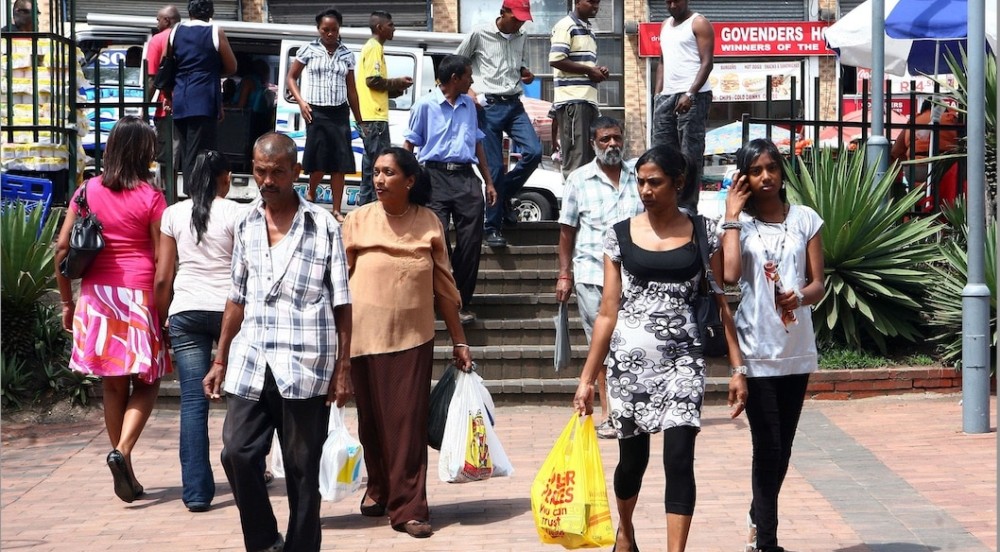South Africa has been experiencing a level of civil unrest not seen since the days of apartheid, reports the New York Times, and its city of Phoenix is at the epicenter of the turmoil.
It began in July when former South African President Jacob Zuma was jailed for refusing to appear before an inquiry of corruption, it sparked a series of violent protests by his supporters. Riots and looting exploded throughout the country as citizens protested poverty, vast inequality, and the government’s inability to ensure basic necessities such as water or electricity.
Some have called the violent uprising an "insurrection" to sabotage Zuma’s successor South African President Cyril Ramaphosa, fueling the fire of the country’s history of racism.
According to the latest data, over 340 people died as government officials claim that many of the killings were carried out by ordinary citizens.
Minister Bheki Cele, police minister of the South African city of Phoenix, says that 36 people were killed in the city alone and 33 of them were Black. Also, he confirmed that 20 more people have been arrested in connection to the violence in the city two months ago, reports IOL.
As of now, fifty-six people have been arrested in connection with the violence in Phoenix.
“Investigations are continuing and police have increased the arrests there,” he said. “They are appearing in court. It looks like some were committing heinous crimes, with one person allegedly being linked to six murders."
“We are updating the information as people are appearing in court," he continued.
Adding to the turbulence, the areas South African residents of Indian descent have placed roadblocks on street corners of their Phoenix neighborhoods to further segregate themselves from Blacks. Per reports, Indian citizens have discriminately stopped Black people beat or killed them, rekindling the hostile relationship between Black and Indian South Africans. Both groups were oppressed under white apartheid rule.
The local Indian groups say that they put up the roadblocks to catch looters in their area. However, angry mobs have been using the roadblocks as an excuse to stop and savagely beat unknown Black people from the surrounding locales who are passing through the city. Whether some of these victims were innocent or not of looting is besides the point, no one deserves to be beaten to death.
Addressing the nation, Ramaphosa spoke about the reality of racism and that it is still alive and well in the county.
We need to confront racism in our society,” Ramaphosa wrote in a letter to the nation, addressing the violence in Phoenix. “We need to have honest conversations not only about our attitudes to one another but also about the material conditions that divide us.”
“Much of the narrative around the events in Phoenix has been dominated by attempts to turn one race against another,” he continued. “It has been stoked by anonymous people on social media and in messaging groups making outrageous claims and calling for revenge.”













